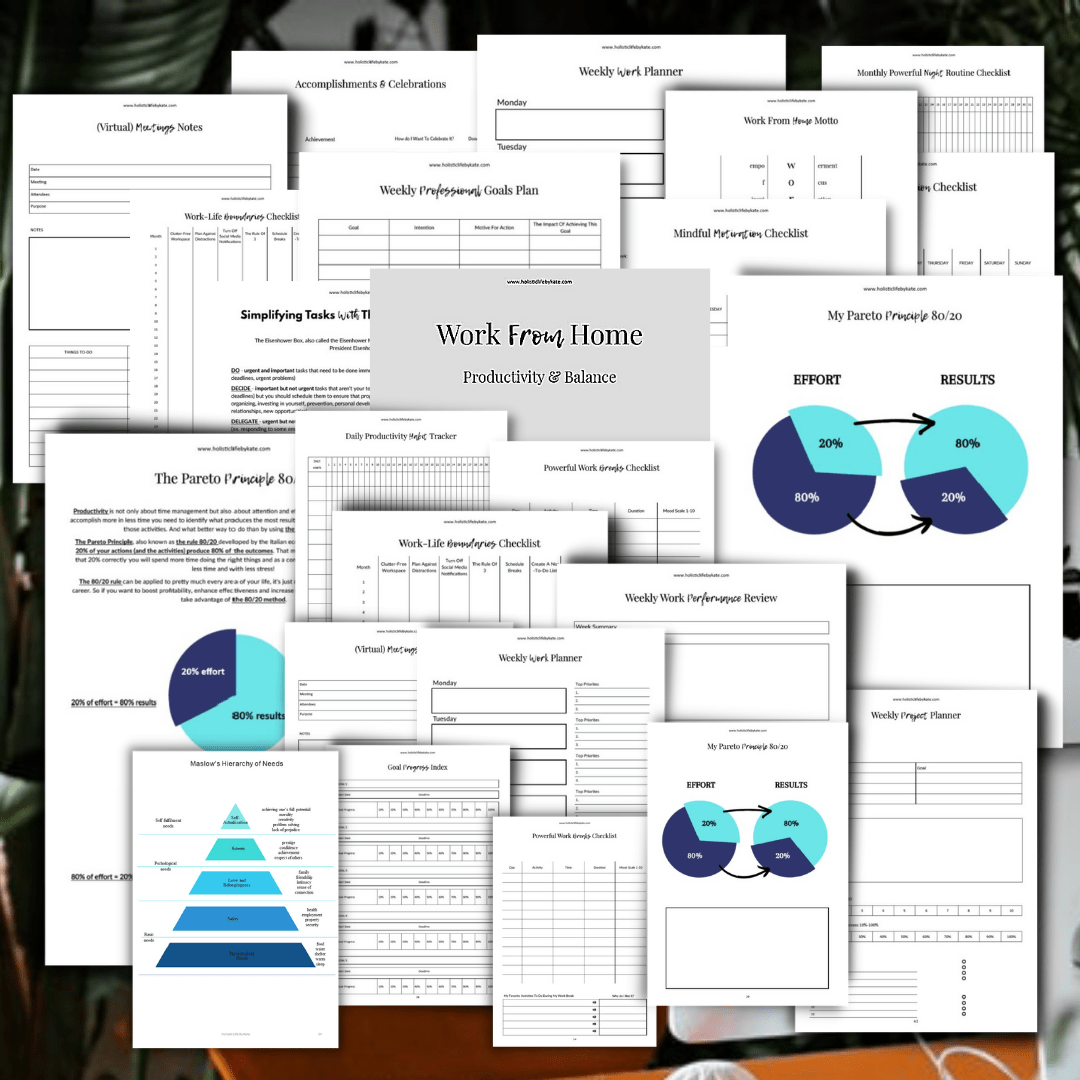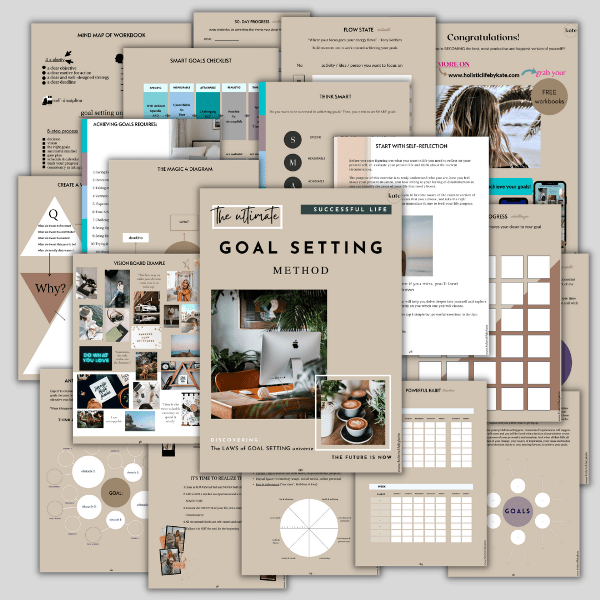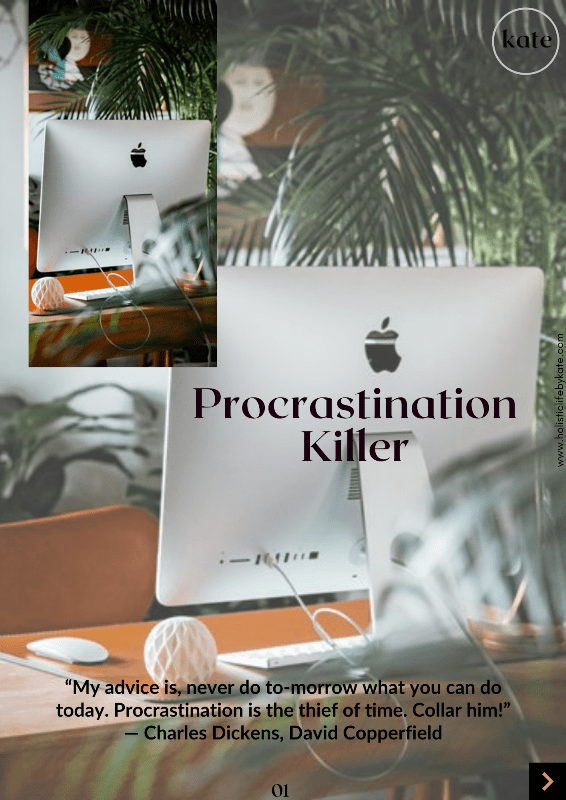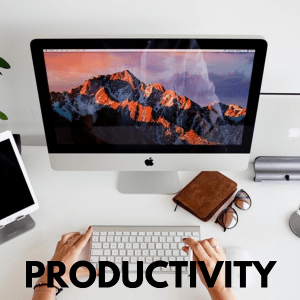Table of Contents
Take Control Of Your Finances
The economic chaos caused by the coronavirus pandemic forced us to rethink our financial situation, which in itself is a good thing. Because there’s never too late to fix your finances, boost your financial health and start building long-lasting wealth. All of these things may be easier when times are peaceful, but the truth is most of us perform much better and think clearer when there’s a little bit of pressure. Otherwise, we become lazy, right?
In this post, I’m sharing with you 6 simple steps to regain control of your finances, the most powerful resources I use on a daily basis to improve my financial situation, and some great tips to help you start with your journey to financial stability! I hope you enjoy it!
1. Evaluate Your Financial Situation
The first step in regaining control of your finances is to evaluate your current financial situation. Because without knowing exactly where you stand with your finances you won’t be able to make important improvements. Not to mention reaching your financial goals. So instead of ignoring your finances and leaving them to chance hoping that somehow your financial situation would improve itself, you should take matters into your own hands.
While evaluating your personal financial status can be tough especially if you’ve never done it before with the right strategic approach, it can become quite easy and much less stressful than you might think. And to help you with that here are 5 simple steps to diagnose your financial health:
- Calculate your net worth here
- Calculate your monthly debt-to-income ratio here
- Evaluate your housing situation
- Calculate monthly income and expenses
- Evaluate your savings
- Check your credit reports (get your credit report for free at annualcreditreport.com.)
- Analyze your investments
2. Increase Your Financial Literacy
Managing your money the right way and making good financial decisions requires financial literacy. Because if you want to stay on top of your finances you need to learn how to actually do that. Otherwise, the chances that your financial situation will improve by itself will remain relatively low. Not to mention the probability of achieving your most important financial goals. Well, that will also remain in your dream sphere.
Financial education is the best investment you can make because your whole future depends on it. So instead of leaving your financial performance to fate, take a proactive approach and get educated. You don’t need to be an accounting nerd to be on top of your finances. All you have to do is to find the right people and surround yourself with great financial information that will help you to make the right financial decisions starting from today.
Take advantage of the Informational Era we live in and start increasing your financial literacy without leaving your home the easy way, via the Internet. Read, listen, watch high-quality content on personal finances and start applying what you’ve learned to not only improve your financial wellbeing but also to avoid financial problems that you had in the past. Whether you want to get out of debt, build up savings, improve your credit score, start investing with little money or financially secure your child’s future you will find excellent pieces of advice online. Need some guidance? Here are the best (not only in my personal opinion) resources on personal finance you can find:
Best Resources On Personal Finance
- Personal Finance Books
- Rich Dad Poor Dad by Robert Kiyosaki
- Rich Dad’s CASHFLOW Quadrant: Rich Dad’s Guide to Financial Freedom by Robert T. Kiyosaki
- The Richest Man in Babylon Paperback by George S. Clason
- The Bogleheads’ Guide to Investing by Mel Lindauer
- The intelligent investor by Brando Graham
- Think and Grow Rich: The Landmark Bestseller Now Revised and Updated for the 21st Century by Napoleon Hill
- Magic of Thinking Big by David J. Schwartz
- Your Money or Your Life: 9 Steps to Transforming Your Relationship with Money by Vicki Robin
- You Are a Badass at Making Money: Master the Mindset of Wealth by Jen Sincero
- The Total Money Makeover Workbook by Dave Ramsey
- The 4-Hour Work Week: Escape the 9-5, Live Anywhere and Join the New Rich by Tim Ferriss
- The Millionaire Next Door: The Surprising Secrets of America’s Wealthy by Thomas J. Stanley
- I Will Teach You to Be Rich, Second Edition: No Guilt. No Excuses. No BS. Just a 6-Week Program That Works by Ramit Sethi
- The Total Money Makeover: Classic Edition: A Proven Plan for Financial Fitness by Dave Ramsey
- Start Your Own Corporation: Why the Rich Own Their Own Companies and Everyone Else Works for Them by Garrett Sutton
- Youtube Channels
- Bloomberg TV Markets and Finance
- MoneyTalks News
- GoldSilver (w/ Mike Maloney)
- Bigger Pockets
- The Financial Diet
- SeedTime Money
- Podcasts
- Financial Times – Banking Weekly
- Morgan Stanley Ideas Podcast
- Bloomberg Masters in Business Podcast
- Bloomberg P&L
- Exchanges at Goldman Sachs
- Financial Times News Briefing
- Financial Modeling Podcast
- Motley Fool Money
- Blogs on Business & Personal Finance
- Financial Samurai
- I Will Teach You to Be Rich
- Business Insider
- Real-Time Economics
- Freakonomics
- The Consumerist
- Calculated Risk
- The Conscience of a Liberal
- Board games
- Cashflow
- Monopoly
Master Your Money Super Bundle Is On SALE!
If you’re looking for practical knowledge in a nutshell, then I highly recommend you to get your copy of “Master Your Money Super Bundle” that is on SALE right now! 97% off. 5 days only.
Get 38 eBooks, eCourses, and printables on paying off debt, budgeting like a boss, growing your income, planning long-lasting wealth and reaching your financial goals for ONLY $37!
3. Set Up A Budget
Budgeting is a fancy term for developing a strategic plan for your money. It’s a simple but extremely effective method of keeping a track of how much money you earn and how much money you spend on assets and liabilities you own.
Anybody who has ever tried budgeting knows it’s the best and easiest way to stay on top of their finances, organize their spending, track their short and long-term financial goals and of course, avoid debt. So if you haven’t been budgeting your money in the past, you probably have no idea of how much money do you actually earn and spend each month. If that’s your case, no wonder you feel confused about money. With that being said, it’s not too late for you to overcome this confusion and start budgeting your money.
While creating a budget don’t rely on your memory. Write everything down. You don’t want to miss something important. Take a piece of paper and a pen, and start developing a strategic plan for your money. If you don’t like old-school methods there are plenty of budgeting tools such as EXCEL (grab a budget template here) and financial apps you can use to create your own budget (and stick to it). Here are my absolute favourite ones:
Best Financial Apps Of 2021
- Qapital here - Banking designed with your goals in mind
- Wally here - professional expense report app
- Mint here - saving and budgeting app
- Digit here - saving app
- Every Dollar here - budget tool and expense tracker
- Acorns here - saving and budgeting app
- You Need a Budget here - create a budget within your actual income
- Prism Bills&Money here - organizing and paying bills app
- Bill Watch here - managing, organizing and reminding bills payment app
- Albert here - saving, budgeting and paying a debt app
- Tycoon here - Freelancers app
- Personal Capital here - investment optimization app
- PocketGuard here - extra money spending app here - categorizes and organizes your expenses, monthly bills, and subscriptions
- Travel Wallet iOS / Android - travel budget and expense app
4. Cancel Unwanted Subscriptions & Memberships
Monthly subscriptions and memberships are convenient, personalized and time-saving. All for an affordable price each month, right? Well, not always. Especially if you’ve signed up for so many services that you lost track of your monthly expenses. So, the real question is: But do you really know how many monthly subscriptions you’re paying for at the moment?
If you have a hard time answering this question, it means that you are overspending on subscription services. Not to mention that most likely you are paying for services and memberships that you don’t even want, need or use. But you’re still being charged for them every single month. That’s insane!
While the monthly cost of all these forgotten and unuseful subscriptions may not be relatively low, the annual cost can make you feel dizzy. So if you want to regain control of your finances and stop paying for the things you don’t even need it’s time to manage your monthly subscriptions and cancel those that you don’t use anymore. Don’t let them drain your bank account anymore!

Best Posts On Regaining Control:
- How to Make Better Decisions: 9 Simple Steps
- 8 Lists That You Need To Create To Reinvent Yourself & Level Up Your Life.
- Finding Peace In An Anxious World: 8 Ways To Deal With Anxiety During Tough Times
- Staying Sane During The Pandemic: 10 Self-Care Ideas To Thrive During Challenging Times.
- Attention Is Our New Currency. Let’s Exchange It Wisely.
- Too Much On Your Plate? This Simple Method Will Help You To Simplify And Prioritize Your Life.
- How To Navigate Massive Life Change Like A Badass: 5-Step Process Of Going After The Life You Want During Uncertain Times.
- From Chaotic Environment To Successful Life – Hit The Reset Button, Change Your Entire Life And Reinvent Yourself.
- How To Deal With Fear Successfully: 6 Steps
- 7 Powerful Mindset Shifts That Will Make You Successful
5. Become A More Conscious Customer
We live in a hyper commercial world where hypnotizing commercials make us buy things that we don’t even need or want. But we continue to spend money on non-essential or even useless items just because others have them. We try so hard to keep up with Joneses instead of focusing on what’s truly important: our own life.
We spend money like there’s no tomorrow becoming obsessed with material things as if they could make us happy, satisfied or fulfilled. If that was only true…
We confuse capitalism with consumerism, free will with manipulation of choice, basic needs with luxury wants and life satisfaction with temporary pleasure. We spend money like there’s no tomorrow only to run out of money before the end of the month. But that’s not a big deal. I mean, you only live once. You will worry about the money later, right? After all, we have credit cards, short-term (and very high-interest) loans and we can always borrow money from family or friends.
Well, we have so many options to go into debt only to surround ourselves with material possessions. We bought into this materialistic lifestyle nonsense. No wonder we’re so anxious about not having enough money to buy even more completely useless stuff.
Realistically speaking, how many pairs of shoes or jeans do you really need? And more importantly, is there any possibility that the newest iPhone model will make you happy? It won’t and you know that. But what you may not know is that every spending decision you make today affects your financial situation tomorrow. That’s why it is so important to develop good (and healthy) spending habits.
6. Avoid Lifestyle Inflation
Lifestyle inflation also called lifestyle creep refers to the phenomenon when spending increases as an individual’s income goes up. Suddenly, non-essential items are perceived as basic needs such as a new car, bigger apartment, luxury goods. In other words, needs are confused with wants and people instead of saving more money and investing in assets spend more on liabilities. In consequence, building lasting wealth becomes impossible.
At first glance, it seems harmless. But lifestyle inflation is a trap of thinking that the more you earn the more you should spend on living expenses. That is simply untrue, because how can you improve your financial situation if you spend money like there’s no tomorrow? The answer is: you cannot. That’s why there are so many people who have a well-paid job and still, they are constantly broke or in debt.
As there’s nothing wrong in seeking to improve standards of living as an individual’s income goes up, money isn’t just for spending. Money, if used wisely become a powerful tool for reaching your (not only financial) goals and building a financially stable future.
Best Posts On Personal Finance
- Frugal Living: 20 Practical Tips On How To Save Money But Still Have Fun.
- How To Become Money Conscious And Start Saving Money From Scratch.
- Become A More Mindful Shopper And Save Money! – powerful tips & call to action
- My Top 10 Must-Haves for Living a Healthy and Balanced Lifestyle
- Mindful Money Management
Grab Your Free Printable Workbook
Stay positive, be mindful and regain control of your finances!
xo Kate















